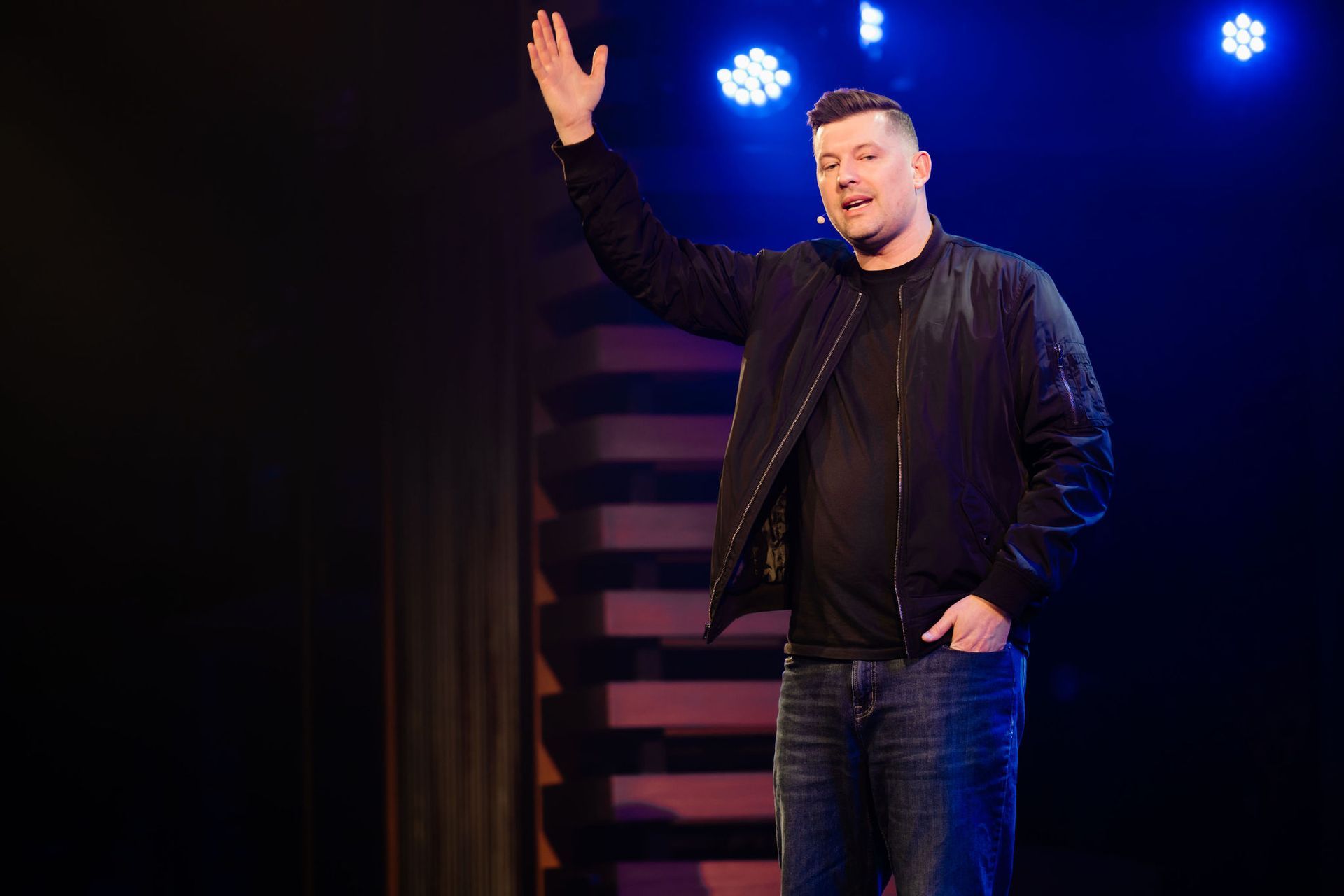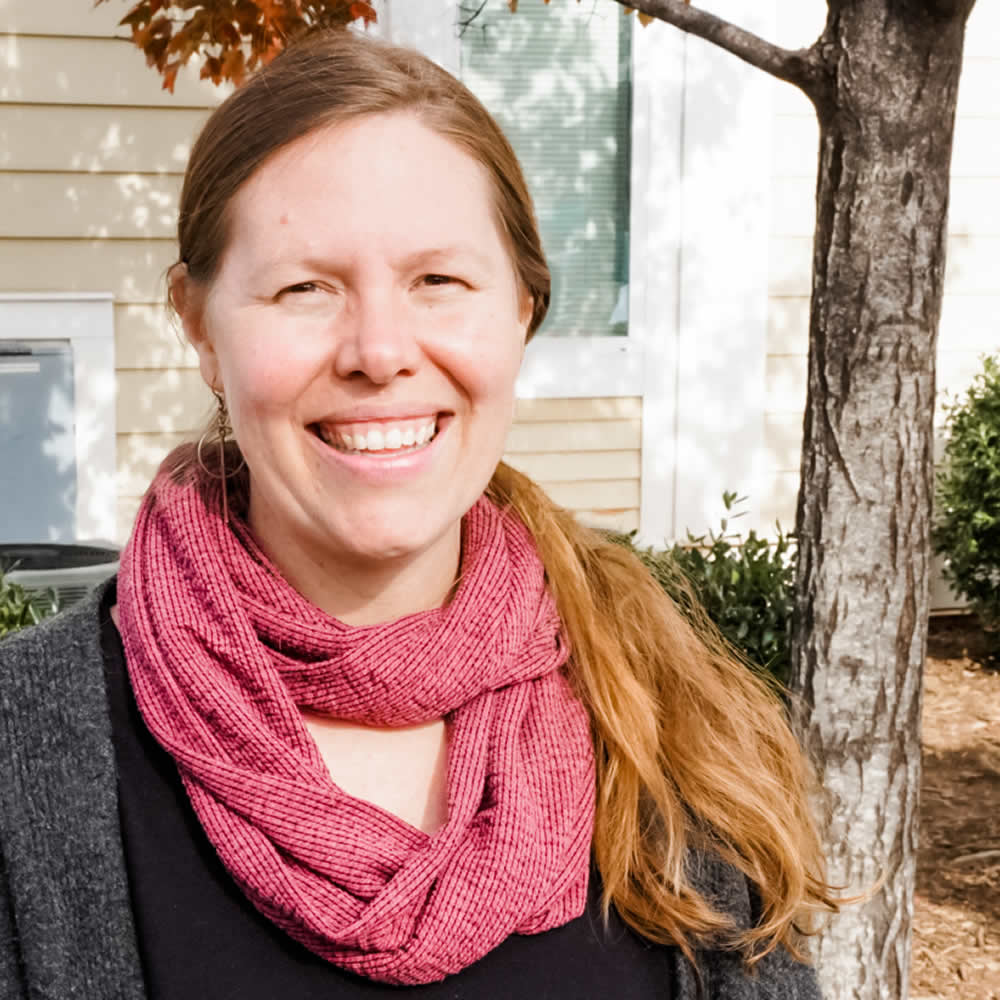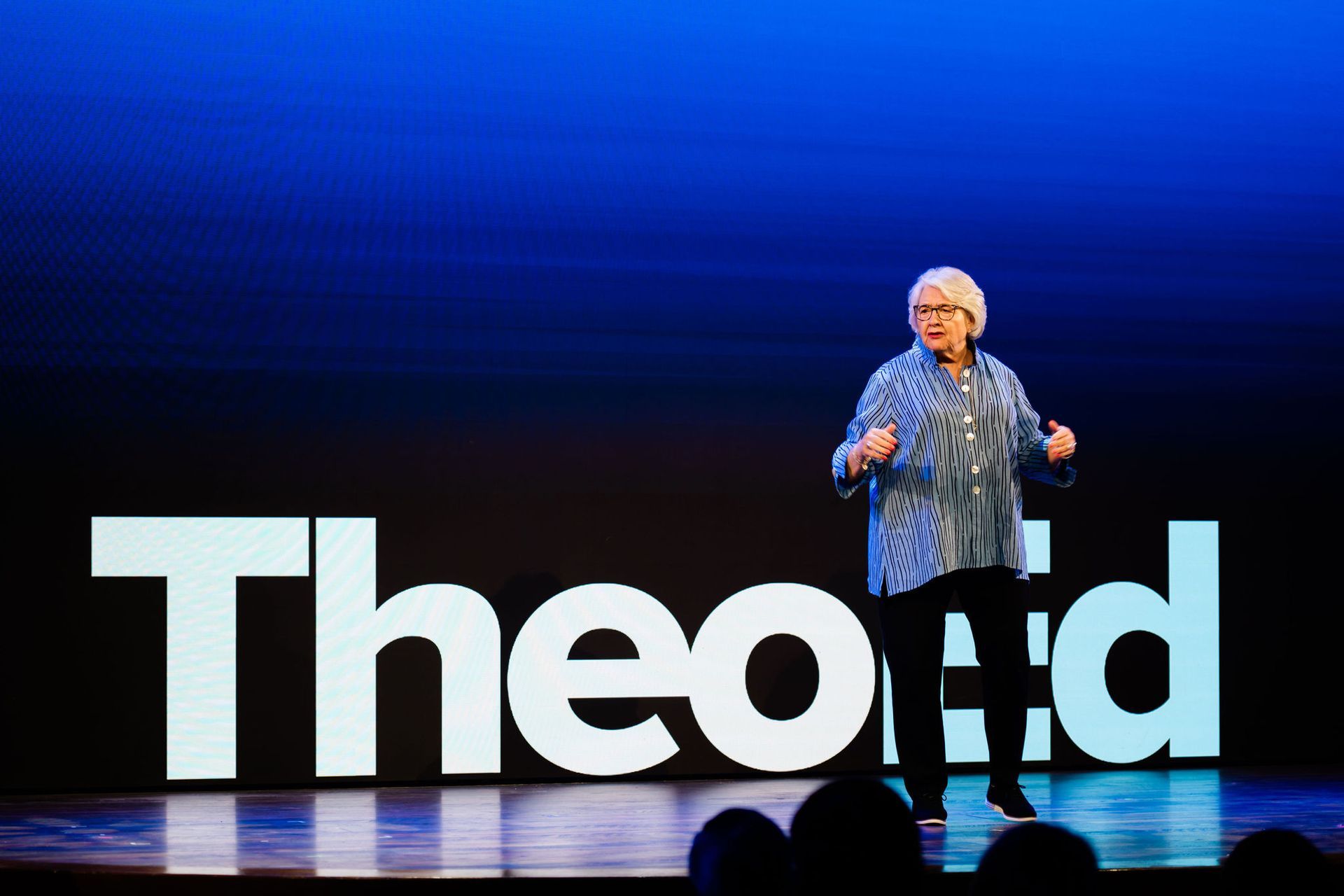Liz Clasen-Kelly serves as the CEO of Roof Above, a comprehensive homeless services provider in Charlotte, NC that resulted from the merger of Urban Ministry Center and Men’s Shelter of Charlotte. In the last year, Roof Above expanded to meet community needs, adding significant emergency shelter capacity in light of the pandemic, and purchasing an existing apartment community and a hotel to convert to housing. Clasen-Kelly previously served as the Executive Director of the Men’s Shelter of Charlotte, where she led the effort to renovate its shelter campuses with a focus on human dignity. Previously, as the Associate Director of Urban Ministry Center, she oversaw the community’s street outreach efforts and served as project manager for the community effort to end chronic homelessness. She is a graduate of Davidson College and received her Master of Public Policy from Duke University. She is a proud member of a blended family, with four kids ranging from 8 to 24.
On the Other Side of Judgment: Exploring the Housing First Approach
Liz Clasen-Kelly
CEO of Roof Above Liz Clasen-Kelley shares stories of her work to end homelessness and challenges us to think about this issue in a new, loving, and non-judgmental way.

Julian Davis Reid explores the profound journey of finding God and navigating life's transitions. Through the lens of music, Julian uses the metaphor of chord changes to illuminate how we can approach personal growth and change in fresh, transformative ways. Whether in moments of uncertainty or when facing a new season of life, The Chord Changes invites you to rethink how you embrace change, shift perspectives, and find harmony in the unexpected.

In the context of re-wilding, Scott calls for a church that is less about programs and more about cultivating deep, organic relationships. He challenges traditional structures and encourages a faith that breathes new life into church practices—focused on true discipleship, deep listening, and a radical love that moves beyond the walls of the sanctuary into everyday life.




